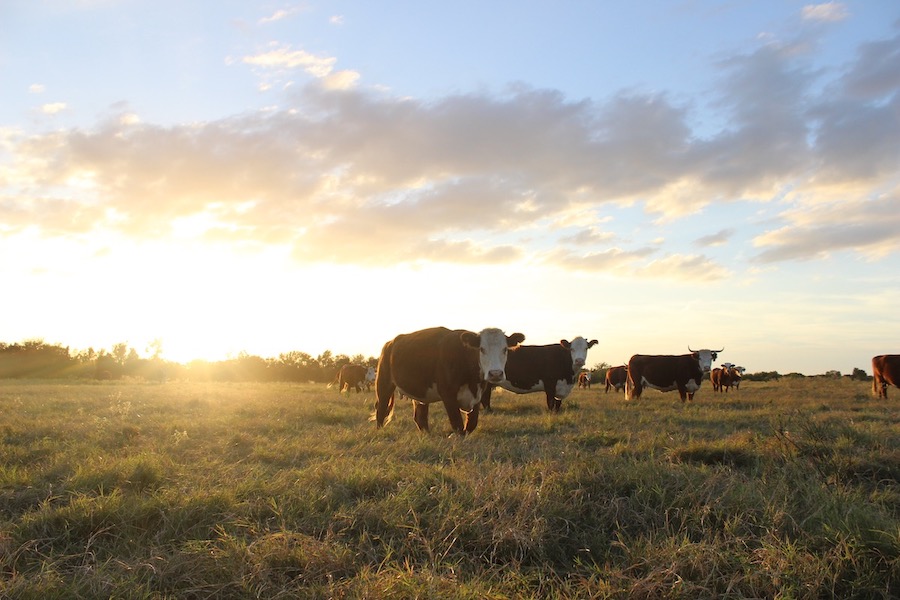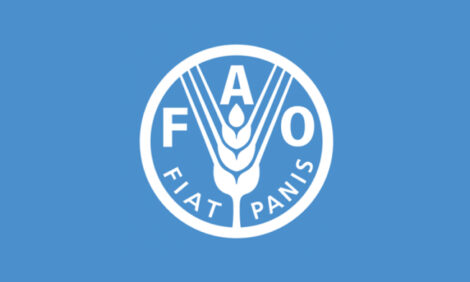



Canada redoubles efforts for sustainable beef production
Alberta’s government and the beef sector are partnering to ensure Canada’s beef industry continues to grow sustainably and remains competitive.Alberta is a key beef supplier to local and international markets and improving our competitiveness is critical to supporting the Alberta Beef and Canada Beef brands. Alberta’s government is partnering with the Canadian Cattlemen’s Association, Alberta Beef Producers and Alberta Cattle Feeders’ Association to undertake a competitiveness study that will provide important insights and data for this essential industry.

“Collaborating with industry is vital to growing and advancing our agriculture sector in Alberta. This partnership demonstrates our shared commitment to grow Alberta’s food and processing sector. We know that agriculture will play a big part in Alberta’s economic recovery and growth,” Devin Dreeshen, Alberta's Minister of Agriculture and Forestry said in a statement.
With government support, this study will help the beef industry identify challenges and opportunities in their supply chain, including:
- Promoting transparency in cattle and wholesale beef markets.
- Supporting processor resiliency and plant reinvestment strategies.
- Expanding harvest capacity for small to medium-sized processors and identifying the supports required for this growth.
- Planning for surge capacity when events like the COVID-19 pandemic put stress on the food supply chain.
Alberta has the potential to increase capacity and the study will help determine where additional investments could be made to find efficiencies and achieve an optimal processing level. The study can also look at other measures to increase competitiveness, like the possibility of legislating price reporting, similar to the United States, to facilitate open, transparent price disclosure and provide all producers and processors with comparable levels of market information.

“Beef production in Canada is one of the best tools we have to reach our shared conservation and climate change goals while providing good-paying jobs for Canadian families. The Canadian beef industry has a unique ability to deliver significant environmental services, including carbon storage and sequestration, wildlife habitat preservation and flood resiliency.” Bob Lowe, president, Canadian Cattlemen’s Association said.
Quick facts
The Canadian beef industry contributes $21.8 billion to GDP while supporting 348,000 full-time equivalent jobs. More than three-quarters of Canadian beef processing happens in Western Canada, with the vast majority concentrated in Alberta. More than 70% of the cattle fed in Canada are fed in Alberta.
Based on sales and Statistics Canada industry multipliers, the Alberta beef industry generates approximately $18 billion in total economic activity and creates more than 57,000 direct and indirect jobs on farms and at suppliers across Canada. In 2020, Alberta beef production was an estimated 852,000 tonnes. 68% of beef produced in Alberta was consumed in Canada. More than 14%, or 122,720 tonnes of beef, was consumed within the province and a further 53.6% was consumed in other Canadian provinces.


